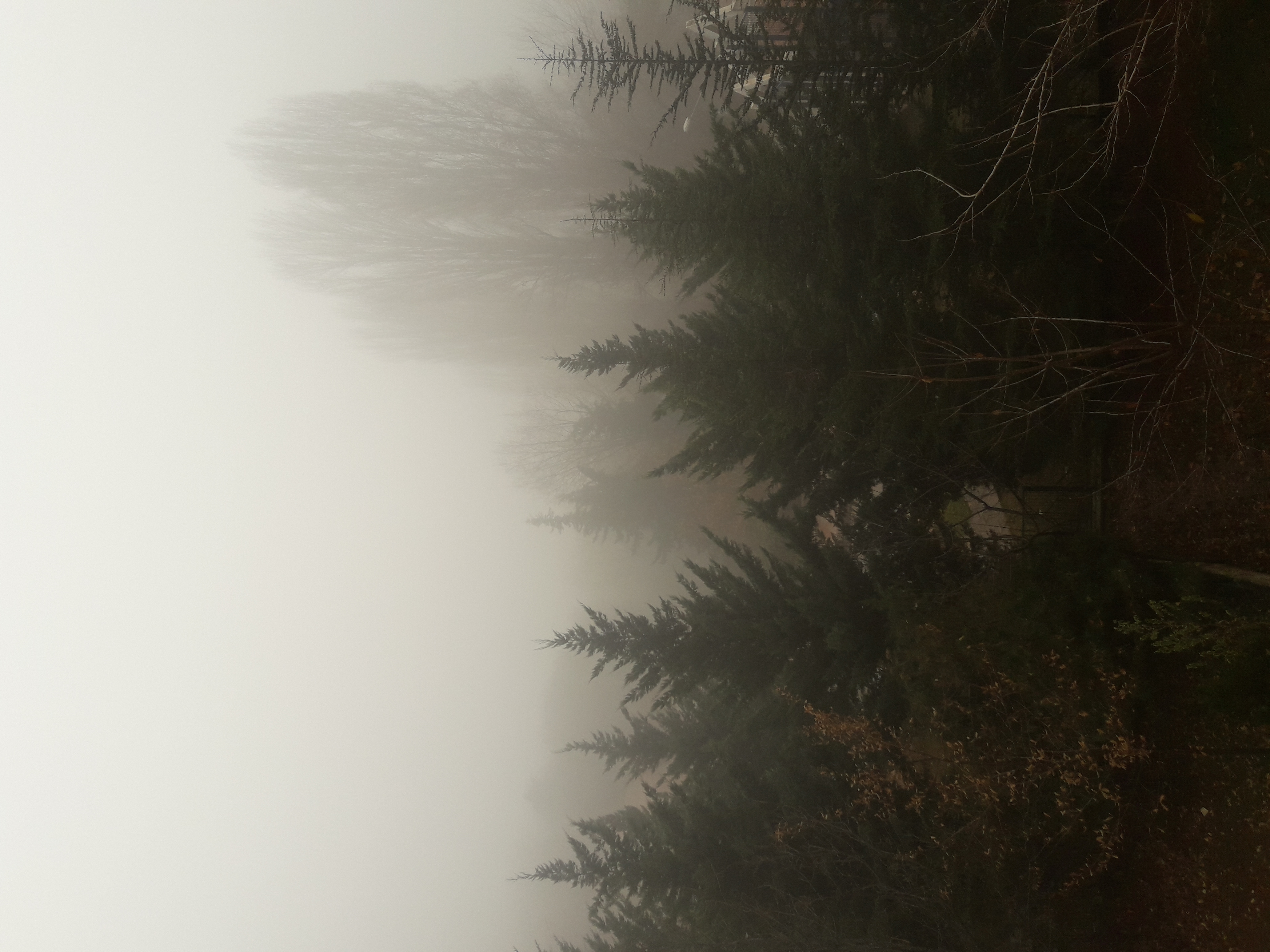
In my book, which consists of intertwined philosophical stories on the theme of freedom, I examine the dilemmas of freedom by a dialogue with venerable thinkers such as Marx, Rousseau, Plato, Hobbes, Foucault, Hegel, Levinas, Butler, Kant and Derrida. My book is ideal for making an introduction to the philosophy of freedom through literature, as well as filling a niche in the genre of philosophical novels, which are also possible to read for the sheer literary pleasure. However, this is not a philosophy text book; it is pure fiction that displays people struggling with unfreedom.
In my first story, I tackle the question of the nature of the desire in the philosophy of needs in Rousseau and Marx and the question of whether we can liberate ourselves from ambition. Is the nature of the desire unlimited?; Can one liberate oneself by working against one’s desires, or pursuing one’s desires?; within the infinite space of desires, is freedom possible without justice? Seeking an answer to these questions, I also narrate the tragedy of the animal who desires in conflict with the human who reasons.
In my second story, I subvert Plato's famous cave parable and place it against the background of a totalitarian regime: in this story, dealing with the question of whether we free ourselves by escaping the hurtful relations of society or fighting them as a paradox, my hero, right before going behind the 'wall' of the totalitarian regime, thinks that the myth of the cave might be a lie invented by totalitarianism to eliminate those who seek freedom.
The context of my third story is Foucault's famous Panopticon: again the story of the master and the slave, who escaped from a totalitarian regime and took refuge in the tower, examines the relationship between authority and freedom. The choice of the lesbian blind girl who opposes the master and other people trapped in the mountain, between Enlightenment and tradition will determine how they will be liberated. On the side theme, it narrated how the slave is finally freed from the loving master, and went back to the society that enslaves him to fight totalitarianism.
The main theme of my fourth story is ethics and freedom. In this story, a veteran who makes a living by selling the ideologies of a totalitarian regime is shaken by the face of the immigrant he killed in the war, and this Levinasian confrontation ends with the collapse of the totalitarian myths about the other and the veteran's sacrifice of himself for the truth.
My fifth story servs a conclusion: in this semi-autobiographical story I narrate an period of my own youth, criticizing the metaphysical meaning of freedom, freedom in-itself and God, to argue that freedom is to be found in the unfreedom of here and now, achievable only through struggle, that we will never be free unless we can reach out the others, and that metaphysics is actually an escape from freedom.
My novel also embodies the idea of death and love by unifying the traces of these five stories in the form of a river novel, to the limitation of our freedom and indeed to the importance of freedom within these limits; our freedom begins with love, which is the hope of reaching out to others, and ends with death, the ultimate limit. All the protagonists in the book are actually my masks and my Kafkaesque style hides this idea only to reveal it in the end. The book also touches upon many side themes, such as the body, and the law, in sci-fi settings.
In today’s society, where I believe that freedom, domination and totalitarian society contains many debates about our current life, these discussions must be held by protecting the philosophical tradition and my novel has a crucial value for today by making philosophy accessible to everyone. This book has been the culmination of my belief that philosophy is for everyone and is actually literature.
Genre: FICTION / Dystopian
Mezar
SAVAŞK: umut ki arzunun deliliğidir, bilirsin …
Nehri takip et diyordu kendisine, ormanın yeşil gölgelerine sığınmış. Ardıç kuşları hep yalnız ölür. Sen yalnız ölmeyeceksin. Karla kaplı çimenler ve eğrelti otları ardından sarmaşıklar, yabani böğürtlenler, kızıl yaşlı çamlar, meraklı gözleriyle bir sincap. Buğu çöküyor; kristal bir tablo gize bürünüyor. Uzaktan puhu kuşunun sesi... Vadi giderek darlaşıyor ve iki dağın yüzlerini birbirine sürttüğü noktada bir patika halini alıyor. Ağaçlar seyrekleşmekte. Akşam yıldızının sisin arkasında yitmeye başladığı gökyüzüne çevrili dağlar al ve beyaz ışıklarla yıkanırken karanlık her yanı sarıyor. Göremezsen dokun derler ama adamın sol omzunu tutan eli karıncalanmış ve hislerini kaybetmiş. Av sırasında onun kadar yorgun düşmüş yaşlı köpeği bir kokunun peşinden gidip kaybolmasın diye tekrar zincire bağlanmış, adam kolları boş olsun diye belindeki kemere geçirmiş zincirin klipsini.
Akşamın esintisi ürpertiyor uyuma hazırlığındaki tarla kuşlarını. Kolunu kıpırdatma. Sırtındaki pis kokulu leş yeterince ağır zaten. Bu ses de neydi? Nehrin incecik buz tabakasını yarıp havaya fırlayan bir şey tekrar sakin akıntıya dalıyor.
Doğduğunda çok güçsüzdü, ciğerlerinde bir sorun vardı. Aylarca ölecek diye korktum. Sonradan güçlü bir delikanlı oldu, ama başta kendine güvensizdi. Diğer oğullar bunu oyunlarına almadığında bütün gün konuşmazdı. Oyuna alırlarsa da onunla ne kadar alay ederlerse etsinler kendini savunmazdı. Ona kendini korumayı öğrettim, ama kendini sevmeyi? Bilmiyorum… En azından artık çekingenliğini atmıştı.
| Language | Status |
|---|---|
|
English
|
Already translated.
Translated by Sebnem Karaca
|
|
|
Author review: Great translator! Fast, and efficient. SHe managed to capture the eseence and style of my book perfectly! |